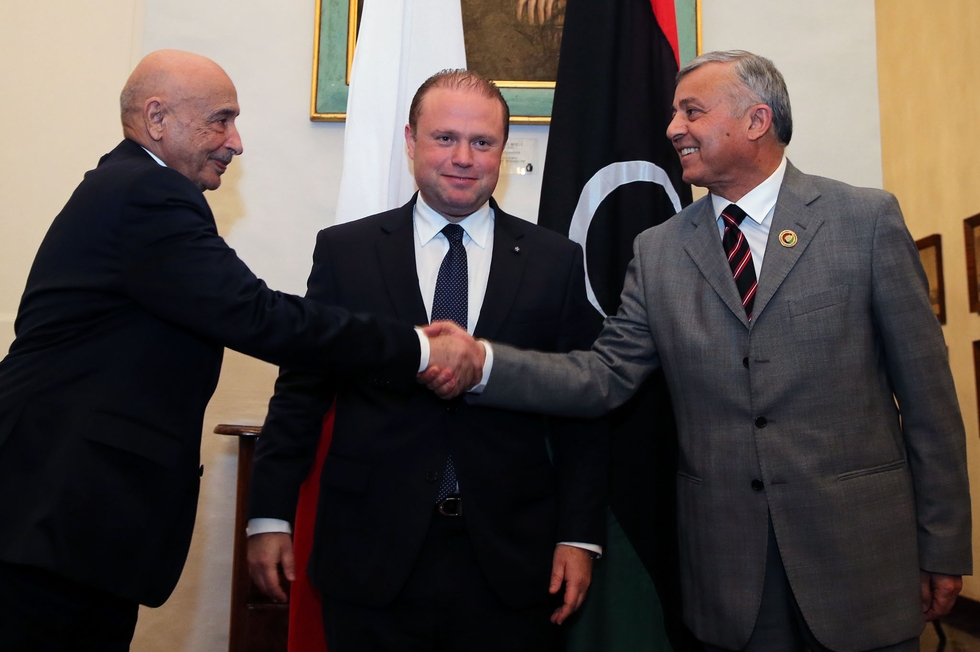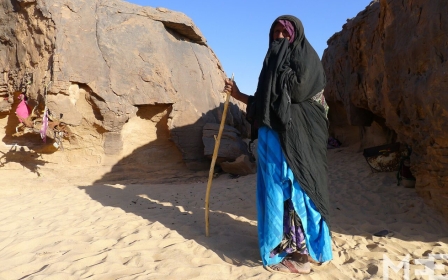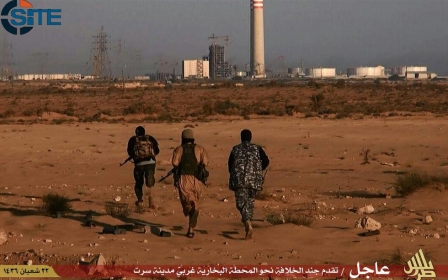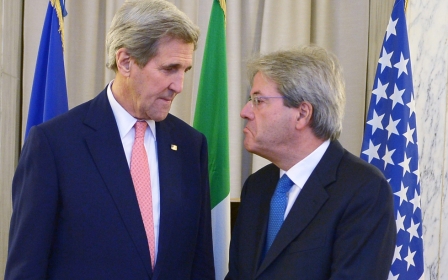Rival Libyan leaders reject Western pressure to sign peace deal

The presidents of Libya’s rival parliaments have called for the signing of a UN-brokered peace agreement to be delayed, as they believe that in its current form it is “against the will of the Libyan people”.
The deal was due to be signed on Wednesday in the Moroccan resort of Skirhat but the UN said the signing ceremony had been delayed until Thursday because of "logistical problems".
Libyan leaders have come under intense international pressure to sign the UN deal, amid deepening fears in the West over the perceived growth of the Islamic State group in Libya.
However, the presidents of the Western-backed House of Representatives and the rump General National Congress met for the first time on Tuesday in Malta to jointly ask for more time to agree a deal amid concerns on both sides over the composition of a new unity government.
“We came here to announce to the world that we are able to solve our problems ourselves with the help of the international community, but we will not accept foreign intervention against the will of the Libyan people,” said GNC President Nouri Abusahmain, according to the Europe Online magazine.
HoR President Aguila Saleh Issa called on the international community to allow Libyans “time to form an effective unity government”.
“Acting hastily would lead to more problems in the future,” he said.
Both men said that before a deal is signed there must be consensus among Libyans as to who will stand in the proposed unity government.
They added that neither of them had taken the deal to be voted on by their respective parliaments.
Local media outlet Libya Herald reported on Tuesday that HoR leaders fear their members are split on the UN-brokered agreement, along unionist and federalist lines, and if they were asked to vote now the parliament would not deliver a clear decision.
Meanwhile, at the Tripoli-based GNC, members have a list of demands they want met before agreeing to the deal – these reportedly include the UN making a statement about former envoy Bernardino Leon, who recently left his position under a cloud after it was revealed he had backed the HoR in Libya’s civil war.
Despite the ongoing talks, Libya remains in the midst of a civil war fuelled by the fallout of a NATO-supported 2011 revolution that overthrew long-time leader Muammar Gaddafi. The HoR and GNC, backed by a menagerie of differing militias and military forces, are fighting for control of Africa’s largest oil reserves.
In the political vacuum of having two parliaments vying for legislative authority, militants claiming association with IS have emerged across the country. Sirte, the birthplace of the late Gaddafi, is home to a group of militants that now claim the town as IS’s Libyan capital.
Fears of IS building a base on the Mediterranean coast, from where they could launch attacks on Europe, has caused Western leaders to seek unity in Libya amid rumblings of a military intervention.
France, which recently suffered a string of IS attacks that killed 130 people in Paris, has admitted to sending reconnaissance planes over Libya and Prime Minister Manueal Valls has said the fight against IS will be taken to Libya “soon”.
The UK also hinted at a forthcoming military campaign in Libya, with unnamed British officials recently telling the Daily Telegraph that they are “moving in the direction” of intervention in the troubled North African nation.
The UN has not confirmed when their proposed deal will be signed by Libyan leaders, and by Wednesday morning it was still not clear whether the planned signing ceremony in Morocco will take place today or at a later date.
New MEE newsletter: Jerusalem Dispatch
Sign up to get the latest insights and analysis on Israel-Palestine, alongside Turkey Unpacked and other MEE newsletters
Middle East Eye delivers independent and unrivalled coverage and analysis of the Middle East, North Africa and beyond. To learn more about republishing this content and the associated fees, please fill out this form. More about MEE can be found here.





